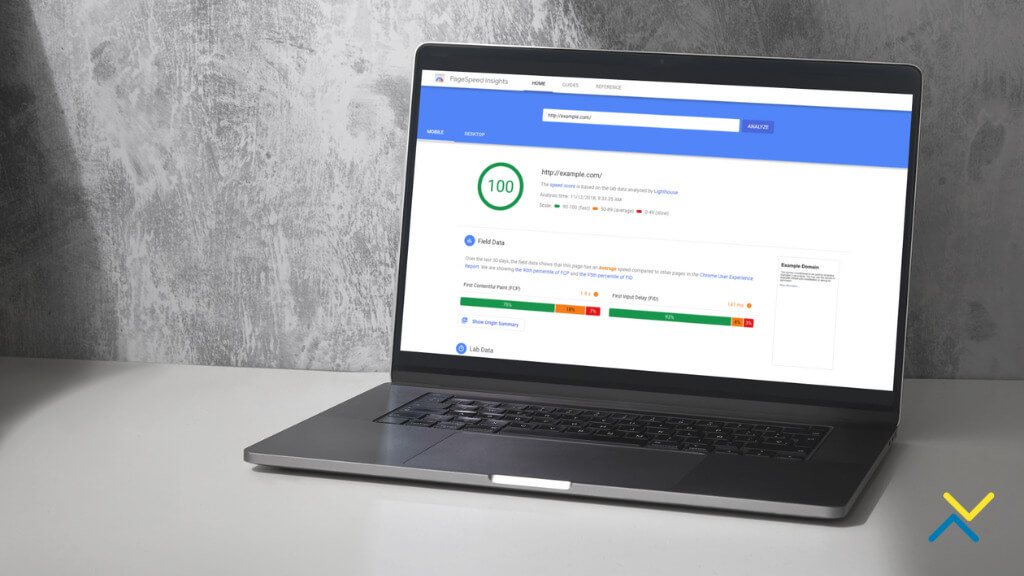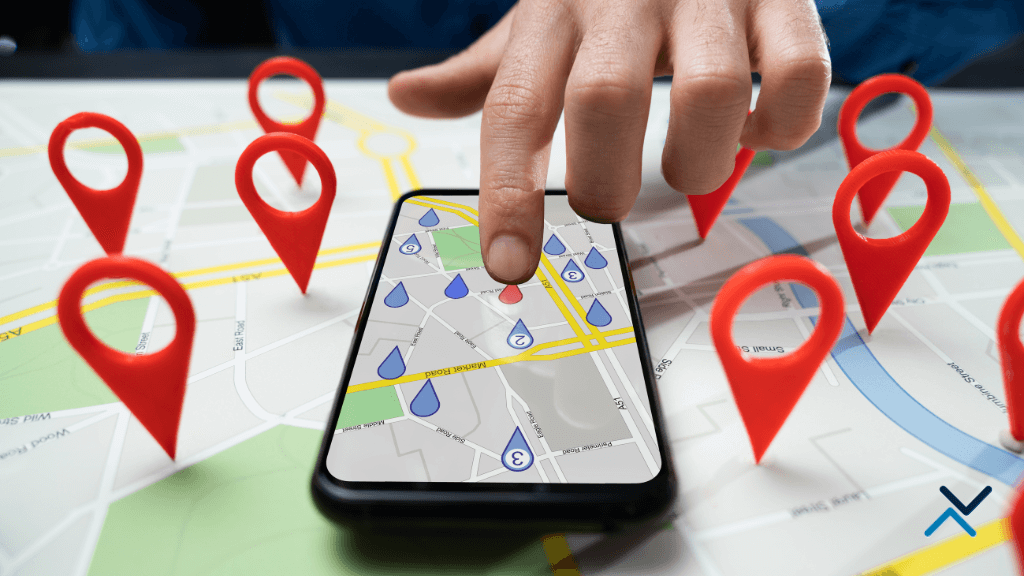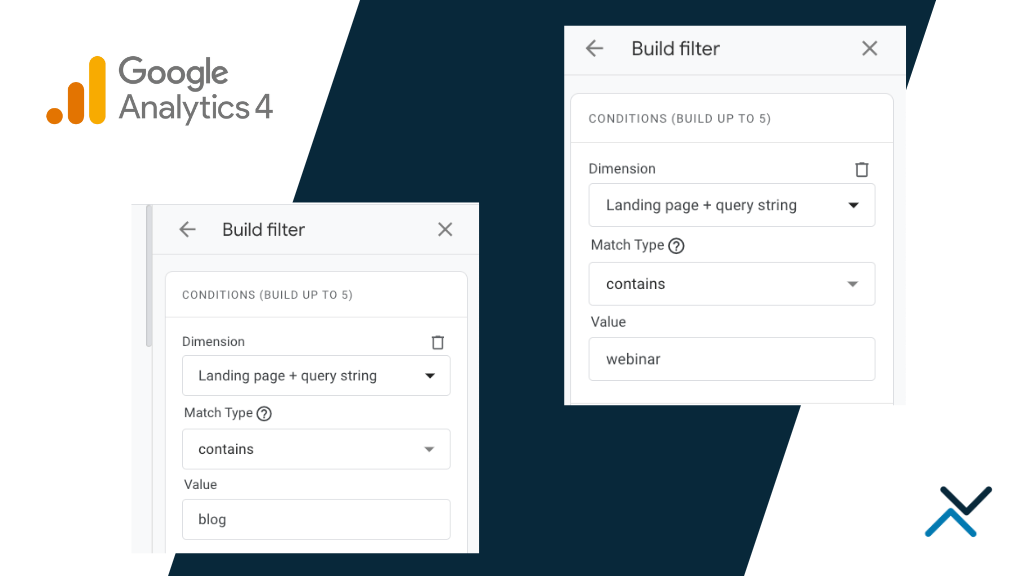In the fast-paced digital landscape, where instant gratification is the norm, page speed has emerged as a critical factor in determining the success of a website. As search engines strive to provide the best user experience, they prioritize websites that load quickly and efficiently. In this article, we will explore the importance of page speed for SEO (search engine optimization) and discuss how optimizing your website’s speed can significantly impact its rankings, user engagement, and overall online visibility.
Understanding Page Speed and Its Significance
Page speed refers to the time it takes for a web page to load completely in a user’s browser. Server response times, file sizes, code efficiency, and network conditions are just a few of the variables that affect it. The significance of page speed in SEO cannot be overstated. Search engines, such as Google, prioritize websites that offer a seamless user experience, which includes fast-loading pages. In fact, Google has explicitly stated that page speed is a ranking factor, as it aims to deliver the best results to its users.
Enhanced User Experience and Reduced Bounce Rates
When it comes to user experience, speed is paramount. Numerous studies have shown that users tend to abandon websites that take too long to load, leading to higher bounce rates. A slow-loading website frustrates visitors, resulting in a negative perception of your brand and reduced engagement. By optimizing your page speed, you can create a positive user experience, keeping visitors engaged and encouraging them to explore further. Lower bounce rates indicate to search engines that your website provides valuable content, which improves its chances of ranking higher in search results.
Improved Mobile Performance
With the exponential growth of mobile internet usage, optimizing page speed for mobile devices has become imperative. Mobile users typically have limited bandwidth and slower internet connections compared to desktop users. Therefore, a website that loads quickly on mobile devices is more likely to retain users and provide a seamless browsing experience. Google’s mobile-first indexing further reinforces the importance of page speed for mobile, as it prioritizes mobile-friendly websites in search rankings. By ensuring your website is optimized for mobile speed, you enhance its visibility and reach a broader audience.
Search Engine Ranking Boost
As mentioned earlier, search engines consider page speed a ranking factor. Websites that load faster tend to have better visibility in search results, gaining a competitive edge over slower-loading competitors. When search engines crawl your website, they take various factors into account, including page speed, to determine its relevance and user friendliness. By investing in speed optimization, you can improve your website’s chances of ranking higher, driving more organic traffic, and increasing your online visibility.
Impact On Conversion Rates and Revenue
Page speed plays a crucial role in maximizing conversions and revenue generation. Research has consistently shown that faster-loading websites have higher conversion rates. Users are more likely to complete a purchase, fill out a form, or subscribe to a service on a website that provides a swift and seamless experience. Additionally, slow-loading pages can impact your website’s credibility, leading to a loss of trust and potential customers. By prioritizing page speed, you enhance your website’s ability to convert visitors into paying customers, boosting your revenue and business growth.
Optimization Techniques for Faster Page Speed
To improve your website’s page speed, several optimization techniques can be employed. These include:
- Minimizing file sizes: compressing images, leveraging browser caching, and minimizing CSS and JavaScript files can significantly reduce loading times.
- Optimizing code: cleaning up unnecessary code, using efficient programming practices, and minimizing redirects can improve overall performance.
- Content Delivery Network (CDN): Implementing a CDN helps deliver website content from servers located closer to the user, reducing latency and improving load times.
- Mobile optimization: Prioritizing mobile-friendly design, utilizing responsive layouts, and minimizing unnecessary elements for mobile users are essential for faster mobile page speed.
Prioritize Your Page Speed Optimization
Where user experience is paramount, page speed has become a crucial aspect of technical SEO. It directly impacts website rankings, user engagement, conversion rates, and revenue generation. By prioritizing page speed optimization and implementing the recommended techniques, you can enhance your website’s performance, improve user satisfaction, and achieve better visibility in search results. Remember, in the race for online success, the speed at which you deliver matters!









